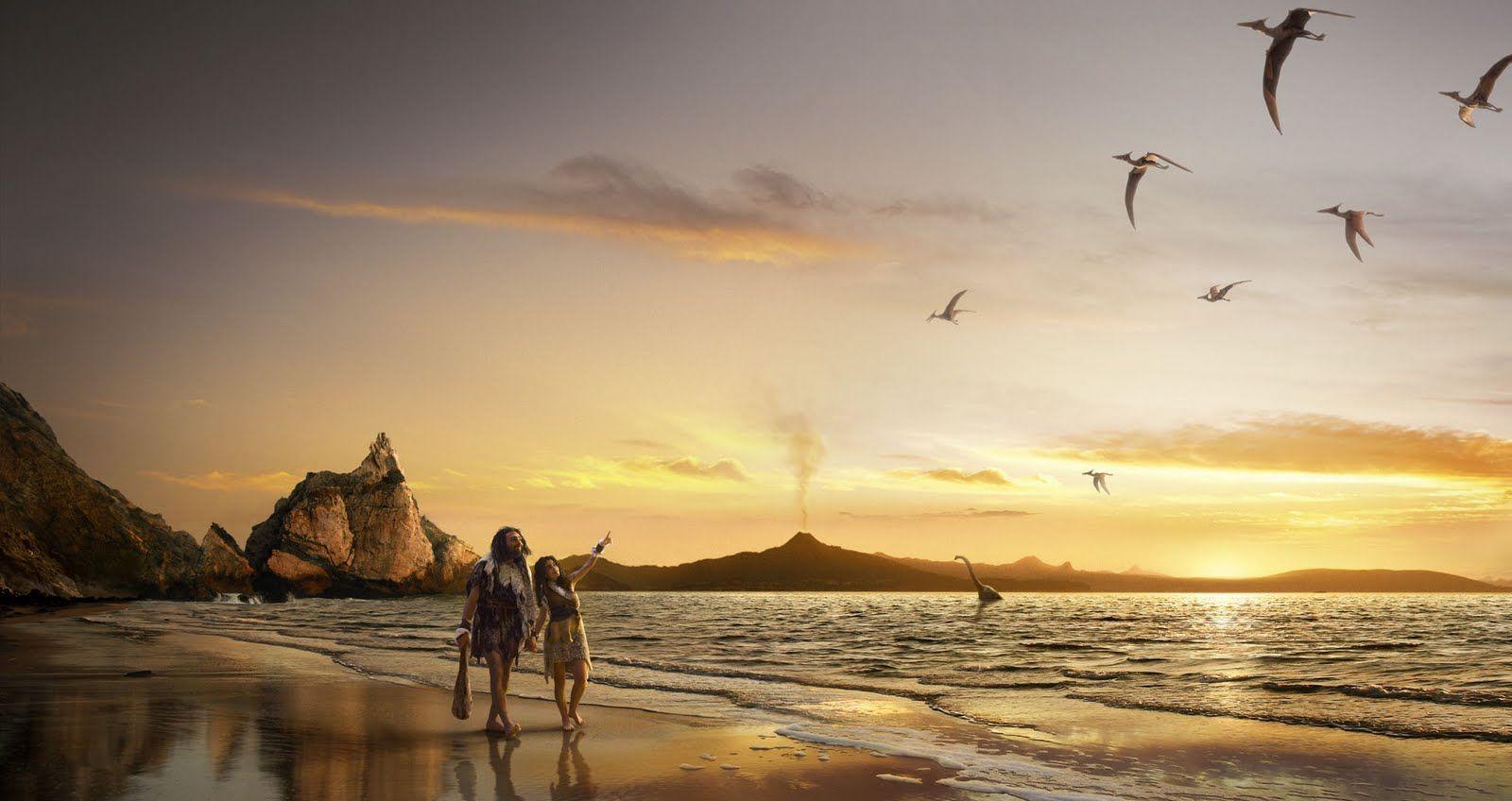Mexico, a vibrant tapestry of culture, history, and natural beauty, beckons to the intrepid traveler. Have you ever pondered what makes this country so uniquely captivating? To challenge your perception, consider this: Can you name three things you thought you knew about Mexico that may not be entirely accurate? Buckle up as we explore some thrilling facts about Mexico that elevate it above the ordinary, showcasing its unparalleled charm.
1. A Cornucopia of Biodiversity
Mexico is one of the most biodiverse countries in the world, possessing a remarkable range of ecosystems. From the lush jungles of Chiapas to the arid deserts of Baja California, it encompasses a staggering variety of flora and fauna. Did you know that there are over 200,000 species of insects? Moreover, out of the 1,000 species of reptiles globally, 10% can be found in Mexico. This extraordinary biodiversity makes the country a paradise for biologists and nature enthusiasts alike.
2. The Birthplace of Chocolate
In the realm of gastronomy, few things are as universally adored as chocolate. Mexico proudly claims its status as the birthplace of this delightful confection. Historically, the ancient civilizations such as the Aztecs and Mayans revered cacao as more than just a delicious treat; it was also utilized as currency and in religious ceremonies. Today, artisan chocolate makers across the country labor to revive traditional recipes, crafting exquisite chocolates that pay homage to their rich heritage.
3. A Rich Tapestry of Languages
While Spanish is the predominant language, Mexico is home to a remarkable linguistic diversity. There are approximately 68 national languages, including Nahuatl, Maya, and Mixtec, which are spoken by various indigenous communities. This linguistic wealth adds layers of depth to the cultural fabric and offers intriguing insights into regional histories and worldviews, challenging the notion that a single language can encapsulate the essence of a nation.
4. The Day of the Dead
Perhaps one of the most colorful and misunderstood celebrations, Día de los Muertos (Day of the Dead) intertwines joy and solemnity. This tradition honors deceased loved ones with vibrant altars adorned with marigolds, sugar skulls, and photographs. Rather than mourning, families gather to remember and celebrate the lives of those who have passed. This cultural practice epitomizes the unique Mexican perspective on death—an acceptance and celebration of life’s cyclical nature.
5. Architectural Wonders
Mexico is home to a plethora of architectural styles ranging from ancient ruins to colonial masterpieces. Take for example the magnificent pyramids of Teotihuacan, which stand testament to the engineering prowess of ancient civilizations. Additionally, the stunning Spanish colonial cities like Oaxaca and Guanajuato are UNESCO World Heritage Sites, famous for their colorful facades and enchanting plazas. Each structure narrates a story, showcasing the country’s historical evolution and cultural synthesis.
6. A Culinary Journey
Mexican cuisine transcends the borders of traditional tacos and burritos. It is recognized by UNESCO as an Intangible Cultural Heritage of Humanity due to its complexity and regional variations. From mole sauces rich with chocolate to the fresh ceviche of coastal regions, food in Mexico is an intricate blend of pre-Hispanic and colonial influences, providing a culinary adventure that varies from one region to the next. Have you challenged your palate with authentic Mexican fare?
7. The Mysterious Cenotes
Cenotes, natural sinkholes filled with crystal-clear freshwater, are a geological wonder primarily found in the Yucatán Peninsula. These formations were sacred to the Maya civilization and served as a primary water source. Today, they are popular destinations for swimming, snorkeling, and diving. The serene beauty and fascinating geology of cenotes present an enticing challenge for explorers seeking hidden gems in the heart of nature.
8. A Historical Melting Pot
The cultural evolution of Mexico is akin to a complex mosaic, composed of indigenous traditions, Spanish colonial influences, and immigrant contributions from various parts of the globe. Each layer adds depth to its identity, evoking a unique sense of place. From mariachi music to traditional dancing, the enduring legacy of these diverse influences creates a rich cultural tapestry that is distinctly Mexican. Have you considered how historical narratives shape contemporary society?
9. The Enigmatic Monarch Butterflies
Every year, millions of monarch butterflies undertake a remarkable migration from North America to the mountainous oyamel fir forests of Michoacán and Mexico State. This awe-inspiring phenomenon presents a unique challenge for conservationists as it underscores the importance of preserving natural habitats. Witnessing the spectacle of these delicate creatures fluttering through the warm Mexican skies is an unforgettable experience that encapsulates the breathtaking beauty of nature.
10. Festivals Galore
Mexico is a land of festivals, celebrating everything from religious events to traditional foods. Each festivities encapsulate the spirit of Mexican culture, with elaborate parades, vibrant attire, and infectious joy. The Guelaguetza Festival in Oaxaca, for instance, showcases the region’s indigenous cultures through music, dance, and gastronomic delights. When seeking adventure, immerse yourself in local festivities to experience the true essence of Mexican camaraderie and hospitality.
In summary, Mexico offers a multitude of captivating features that together forge its distinct identity. From vibrant languages and rich biodiversity to culinary delights and a historical amalgamation of cultures, each aspect contributes to the nation’s unique character. So, the next time you find yourself contemplating a trip or diving deeper into Mexican culture, remember the challenge: Can you truly appreciate the depth and diversity of Mexico beyond its surface? Embrace the quest, and let this enchanting nation reveal its secrets to you.








